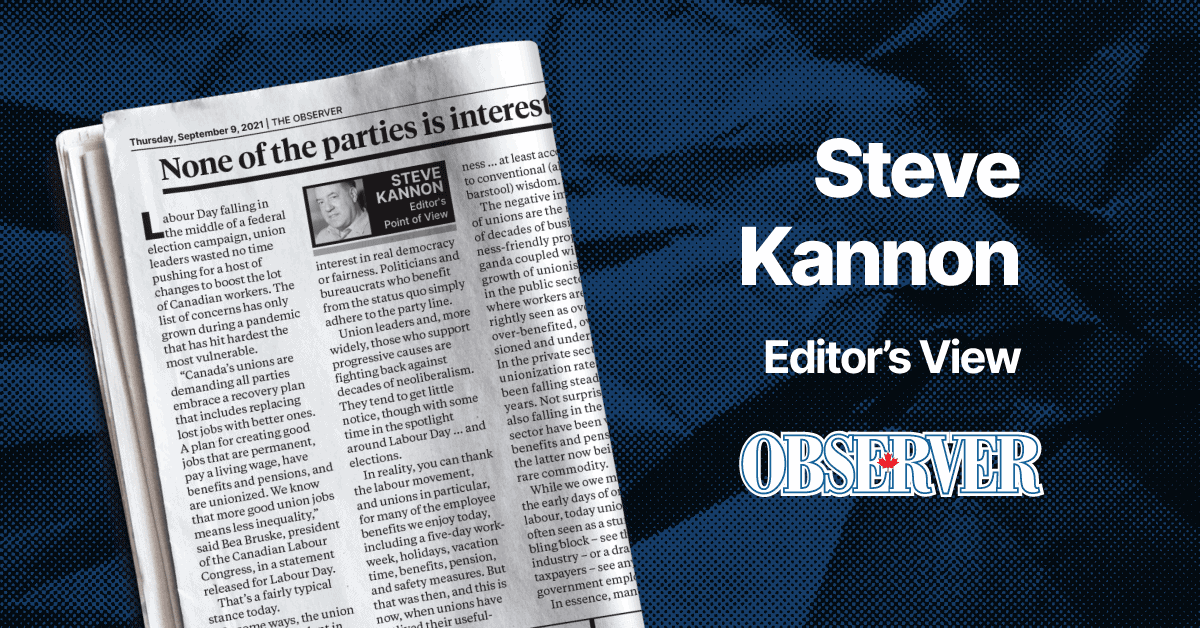;
;
;
Next Article
Holiday season means it’s time for a RIDE

If your house burns down, the costs involved in rebuilding it boost GDP, but you wouldn’t call it a positive experience. The same is true, on a larger scale, of disasters, both natural and manmade. Plenty of economic activity follows, but we’d rather it didn’t. Still, the gross domestic product incr
Last updated on May 03, 23
Posted on Nov 17, 22
4 min read
